SECONDARY NEWS
From the Assistant Principal
Miss Kim Bailey
kbailey@arm.catholic.edu.au
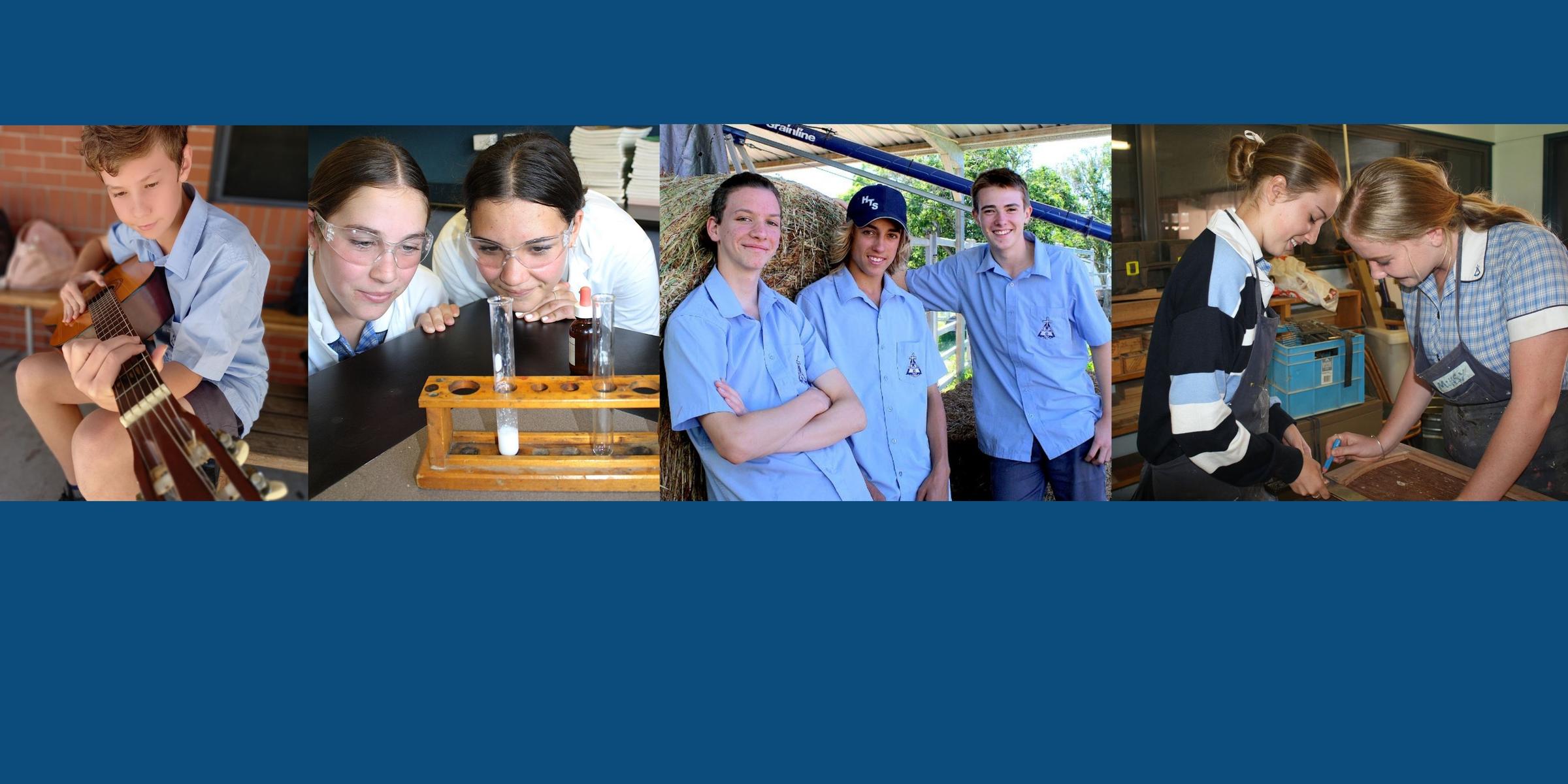
SECONDARY NEWS
From the Assistant Principal
Miss Kim Bailey
kbailey@arm.catholic.edu.au
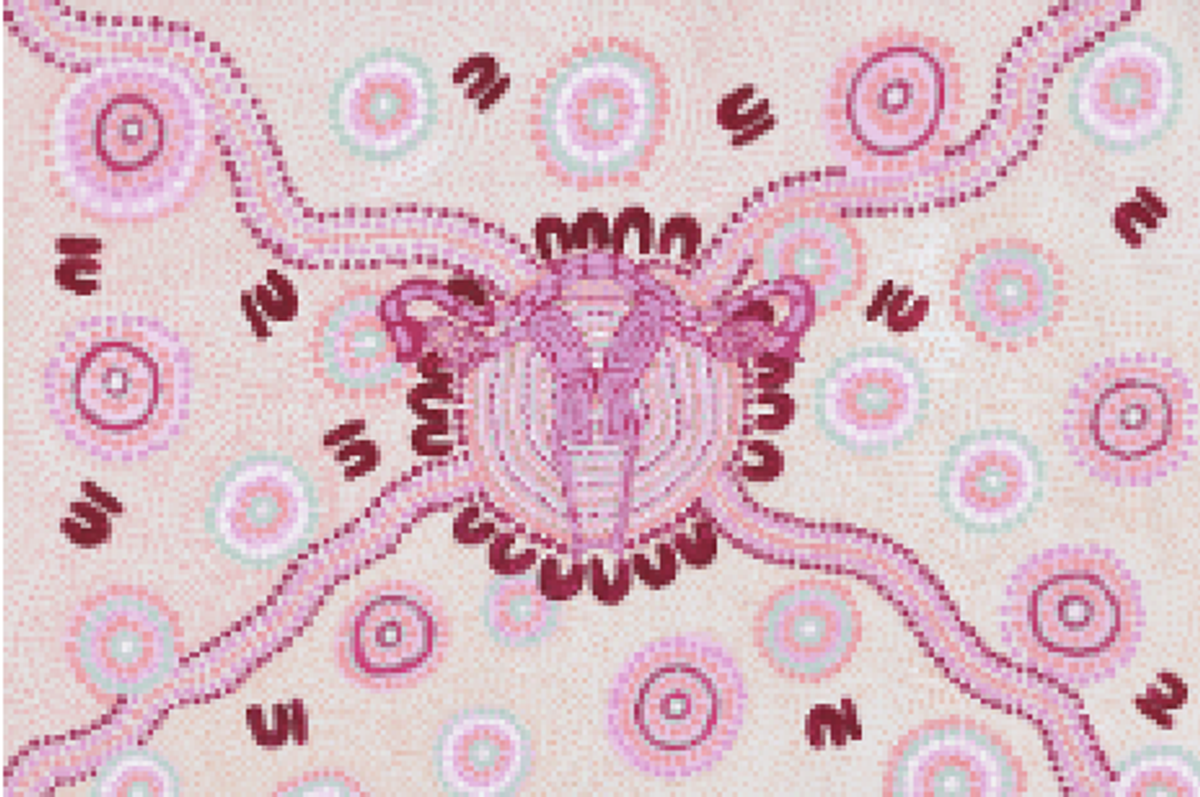

Polly Levinson, a Clinical Educator from the Pelvic Pain Foundation of Australia, will come to HTS on Thursday and Friday to deliver a PPEP Talk to all Year 9 and 10 students. She will also speak to girls in Years 5, 6, 7 and 8.


PPEP Talk® is the largest pain education program for students in Australia. It plays a critical role in informing and educating students with medically accurate and age-appropriate information. The session incorporates the modern neuroscience of pain, of benefit to all students, to recognise and identify whether their pain is normal, how all the different symptoms fit together, simple ways to reduce their pain, and how to look for further help if the pain is severe.
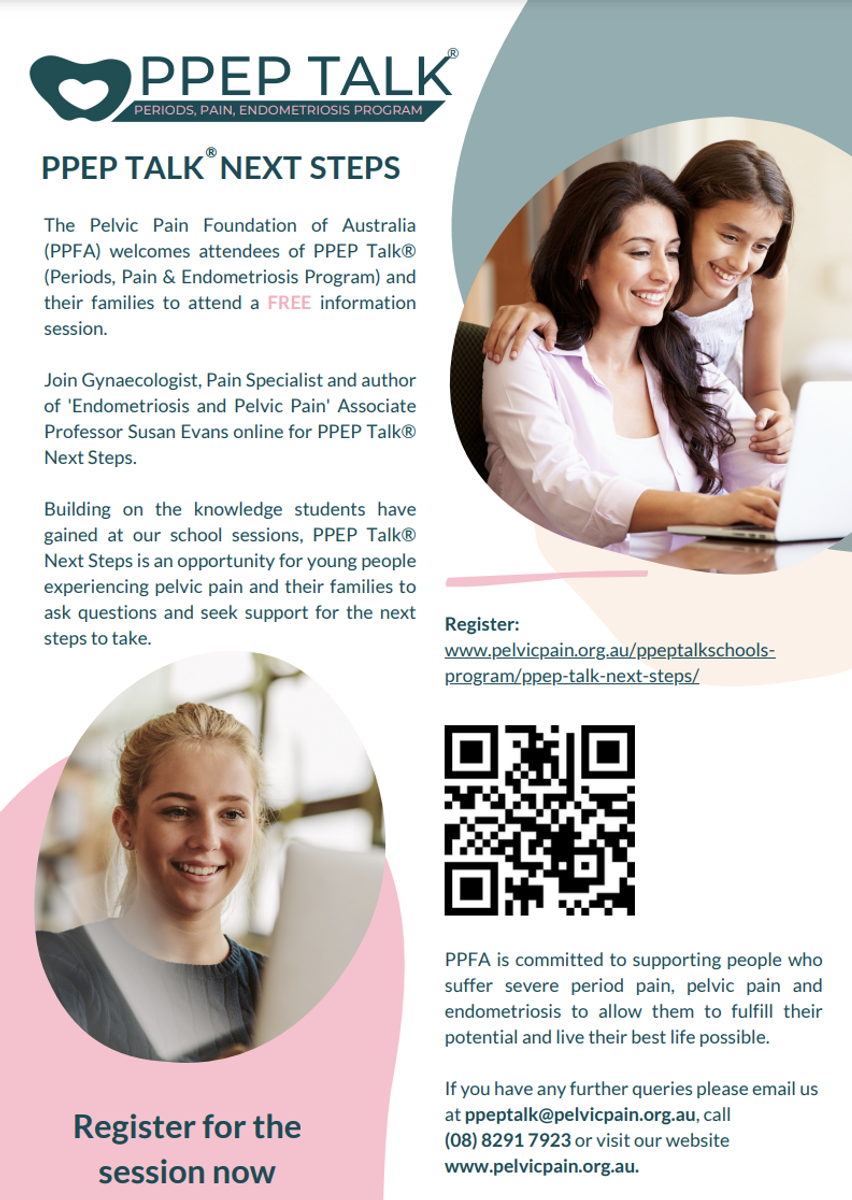

May is a month when students can wear either their winter or summer uniforms, as the weather is quite changeable. They cannot combine both; they have to wear one or the other.
Winter uniform is compulsory from 1 June.
Students are reminded to check the lost property bin. Many jackets and other pieces of clothing from last term have yet to be claimed. Please clearly label all clothing with the student's names—this will enable items to be returned promptly.
This is a reminder that Year 9 will be going to Dorrigo next Tuesday 14 May for their HSIE Excursion. Mrs East and Mr Jeffery will be supervising the students. Please make sure that money has been paid and consent has been given.
Bill Turner Cup - Round 2
Good luck to the boys' football team who will play Inverell High in the next round of the Bill Turner Cup. The game will be played at Inverell High on their oval at 1.00 pm on Thursday.
NSWCCC U15s Netball
Good luck to Matilda Robinson-Farago and Molly Halloran who will play in the Armidale Diocesan team this Wednesday in Sydney at the NSWCCC U15s Netball Trials.
Warialda Show
Good luck to the Holy Trinity Show Team, which will compete at the Warialda Show this Friday and Saturday.
Years 7 & 9
Last week, Real Talk presented sessions to Years 7 and 9. The facilitators were very complimentary of the students' attitude and involvement throughout the various sessions. Well done!
Bill Turner Trophy - Round 2
Congratulations to the girls' football team who played Armidale Secondary College yesterday on the school oval. The girls played an excellent match and defeated the ASC team 3 - 1. Well done!
What is ICAS? ICAS is an online academic competition that is designed to assess students’ higher-order thinking and problem-solving skills in English, Mathematics and Science. Each assessment celebrates students’ accomplishments by providing opportunities for recognition and development. Every student who participates will receive a printed certificate and an online results report. Top performers will be eligible for medals. We encourage you to consider entering your child into ICAS this year.
How to participate in ICAS If you wish for your child to participate in ICAS this year, please:
1. Read about ICAS subjects and prices here: (icasassessments.com/products-icas/)
2. Go to Parent Portal to purchase tests here:(shop.icasassessments.com/pages/pps)
3. Enter our school’s access code – [insert access code] (Our code is XEQ247)
4. Enter your child’s details and select the tests you would like to purchase.
All payments must be done online as this is an external assessment.
English: 12-16 August
Mathematics: 26-30 August
Science: 19-23 August
Closing date: 15 July 2024.
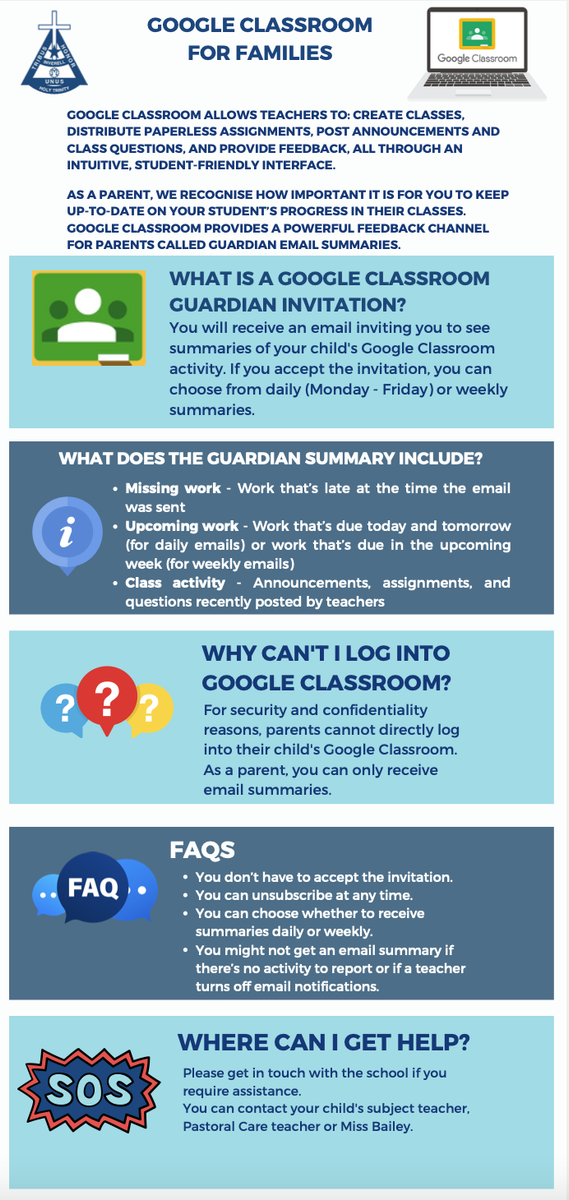

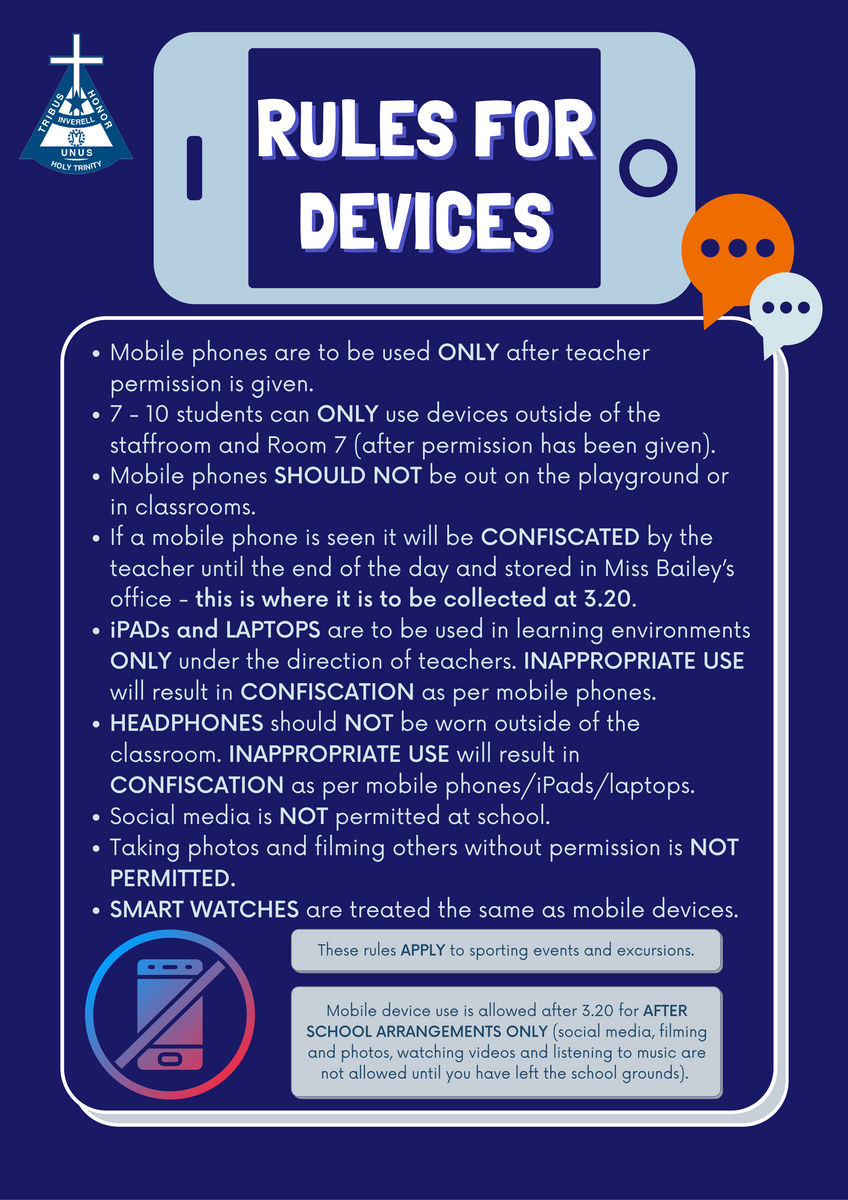

Students are not permitted to use their devices unless instructed by a teacher. This includes both the classroom and the playground. The students are aware of this policy and receive constant reminders in Pastoral Care, their teaching classes and there are also many posters displayed all around the school.
If a student needs to use their device, they must first seek permission from a teacher and use it in an area designated by the teacher. This is usually under their direct supervision or outside the Secondary staffroom.
If students are unable to follow this policy, their phones are confiscated and placed securely in Miss Bailey's office, where they are collected by the student at the end of the school day.
Teachers record each time a device is confiscated. After it is confiscated for a second time, it remains at school until it can be collected by a parent or carer.
WHY DO WE HAVE TO DO HOMEWORK?
Homework in secondary school serves many purposes. It could be to consolidate, check or extend the learning from the day or prepare for the learning to come in subsequent days. It could be done with longer-term work such as assignments or preparing for tests and examinations. Ultimately it comes back to what school is all about – learning. Learning not just content, but learning and developing skills. At times students feel that the work they are doing at school is not relevant to their lives, however, sometimes we need to look beyond the content to the purpose of the learning exercise. At times the content will be a vehicle to teach particular skills. Much of what we learn in Mathematics develops the problem-solving circuits in our brains. When you are analysing Shakespeare, you are learning not just about Shakespeare but to think critically and expand your point of view and broaden your experience of the world through examination of different lives, emotions and experiences. The message is that everything you learn at school has purpose and value, even if you can’t quite see it at the time.
There is much debate in the media as to the value of homework. In Primary school it has been shown that only a small amount of students actually benefit from doing homework in terms of academic achievement. The exception to this is reading at home – every student benefits from this. However, the other benefits can’t be discounted: developing independent working skills, establishing study routines necessary for learning in later years, helping students master things they are struggling with and allowing parental involvement. In secondary school, homework has been proven to be an essential component of academic success in the senior years. The reality of Years 11 and 12 is that a large component of independent learning needs to be undertaken at home. One of the biggest problems for students transitioning to the senior years is that they have not learnt to work effectively and efficiently in the home environment. This is why developing good habits and learning to do at least a solid hour a day of home study is essential in Years 7-10. It is also about developing the qualities of discipline and perseverance, both essential for senior studies. Students will not like every subject equally, students need to learn how to make themselves do the work even for their least favourite subjects.
So what can you do to manage your homework effectively? Try these top tips:
2. Before you start work, write a list of what needs to be done and decide in what order you will do it. Focus on what is most important, not just what subject you like best! Also write down how long you think each task will take to do.
3. Keep in your mind that it is all about learning. Try and look beyond the actual content to what type of skill this homework might be developing in you – analysing, critical thinking, writing skills, or problem-solving skills, for example.
4. Do your work in 20-30 minute blocks with no distractions during that time. So switch off the TV and turn off your phone for that 20-30 minutes. When you just focus on the work that needs to be done you’ll be amazed at how much work you complete. Of course, if you are on a roll, you can keep going past the 30 minutes.
5. If there is a task you really don’t want to do then alternate this with a task you enjoy doing. For example 15 minutes on the homework you like, 5 minutes on the homework you don’t like. When you chip away at it you will be surprised how quickly you get through the work.
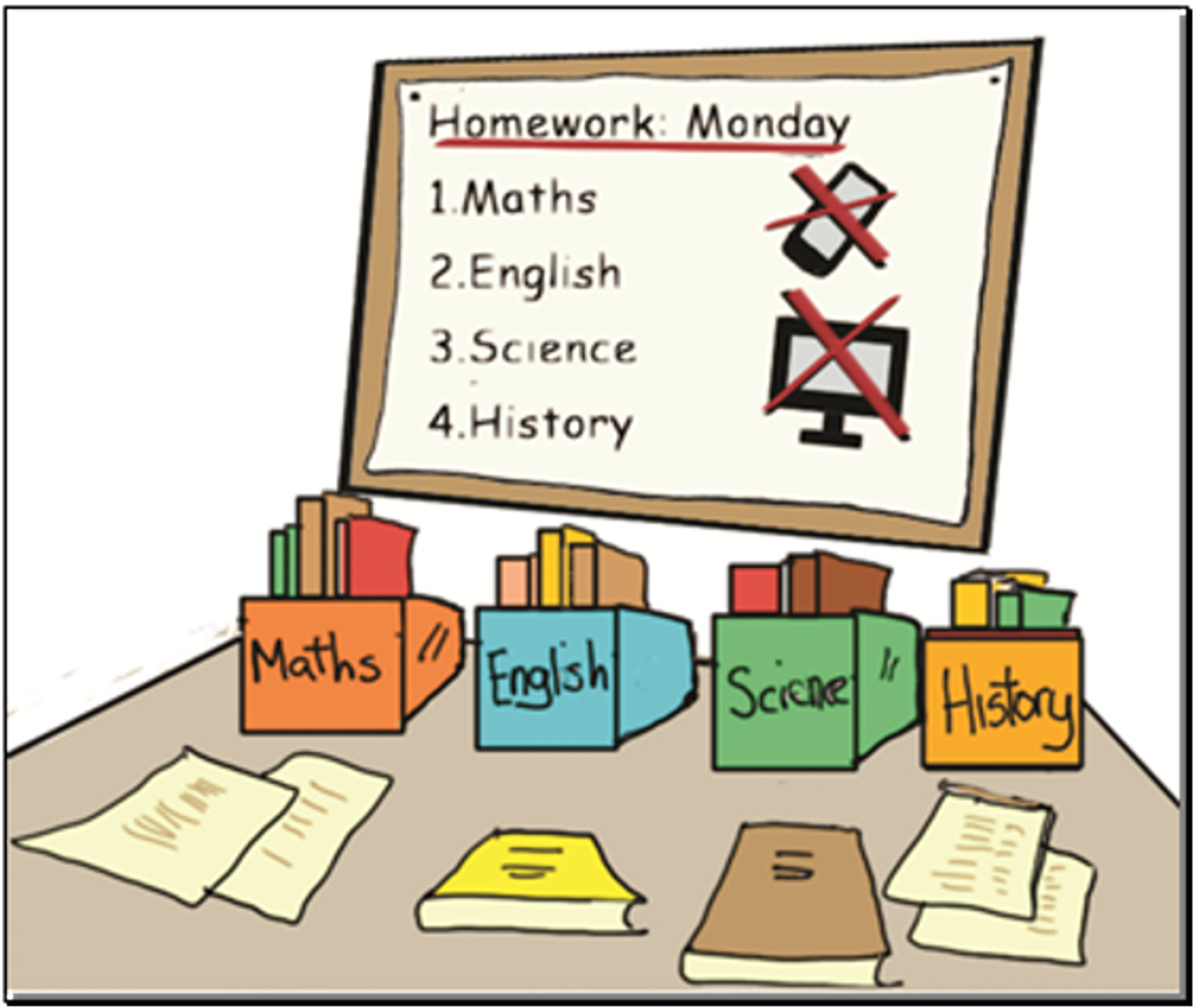

Some of the most common arguments at home (related to schoolwork!) lead to statements like this:
If these are common refrains in your household there are some simple steps that can be taken to deal with this.
Step 1: Family meeting. Both students and parents get a chance to explain what is bugging them.
Step 2: Agree on how much time will be allocated to schoolwork per day or per week.
Step 3: Agree that during this time homework will be the first priority, then assessments and any remaining time should be spent on independent learning (e.g. reviewing difficult work, making summaries).
Step 4: Allocate set times for schoolwork and write these out and put them on the fridge e.g. Monday 4-5 pm, 6-6.30 pm.
Step 5: Agree that in these blocks of time, there will be no personal technology use (preferably phones switched off and put out of sight).
Step 6: Decide on rewards and consequences if the agreement is not honoured.
The Changing Brain: Neuroplasticity
For many years, researchers told us that our brains’ intelligence was fixed, and consequently, both students and teachers believed that hard work was the only way to get the best out of this fixed quantity, leading to non-productive fixed mindsets. Research has now shown that our brain changes and this is called Neuroplasticity. Our brains build new pathways for every new experience they have and existing ones are strengthened through practising to create habits.
Understanding and accepting this fact can act as a powerful growth mindset for students. This means that they can build their intelligence by lifting their efforts to learn new ways of thinking and applying what they have learned to new situations. To fuel this growth mindset teachers need to provide students with these new ways to create new brain pathways. The old hard work message still applies in order to turn these pathways into fast freeways through practice.
“I’ve never made a mistake, I’ve only learned from experience.” Thomas Edison
Source: The Learning Curve
If you have any questions or concerns about your child's learning or wellbeing, please make contact with Miss Bailey, your child's Pastoral Care teacher or their subject teacher. We are only too happy to assist.
Year 7:
7E - Mr Peter Ehsman
7J – Mr Jack Jeffery
7K - Miss Kristina Majetic
7M – Mrs Veronica McCormick
Year 8:
8G - Mr Anthony Gaias
8M - Mrs Christine McLachlan
8T - Mrs Kathy Townsend
8W - Mr Sam White
Year 9:
9C – Miss Claudia Cush
9E - Mrs Angela East
9U - Mr Uebergang
Year 10:
10B - Miss Kim Bailey
10K - Mr David Koch
Students and parents are encouraged to approach the relevant Pastoral Care teacher if they need assistance.
Stage Leaders
Stage 4 - Mr Anthony Gaias
Stage 5 - Mrs Angela East
Miss Kim Bailey
Miss Claudia Cush
Mrs Claudia Dolbel
Mrs Angela East
Mr Peter Ehsman
Mr Anthony Gaias
Miss Alana Goldman
Mrs Mary-Jane Guest
Mrs Malynda Hiscock
Mr Jack Jeffery
Mr David Koch
Miss Kristina Majetic
Mrs Veronica McCormick
Mrs Christine McLachlan
cmclachlan@arm.catholic.edu.au
Mr Matthew Pye
Mrs Jane Taylor
Mrs Katherine Townsend
Mr Blake Uebergang
Mrs Carrie Watchirs
Mr Sam White
Staff can be contacted directly using the email address above or via the Compass portal.